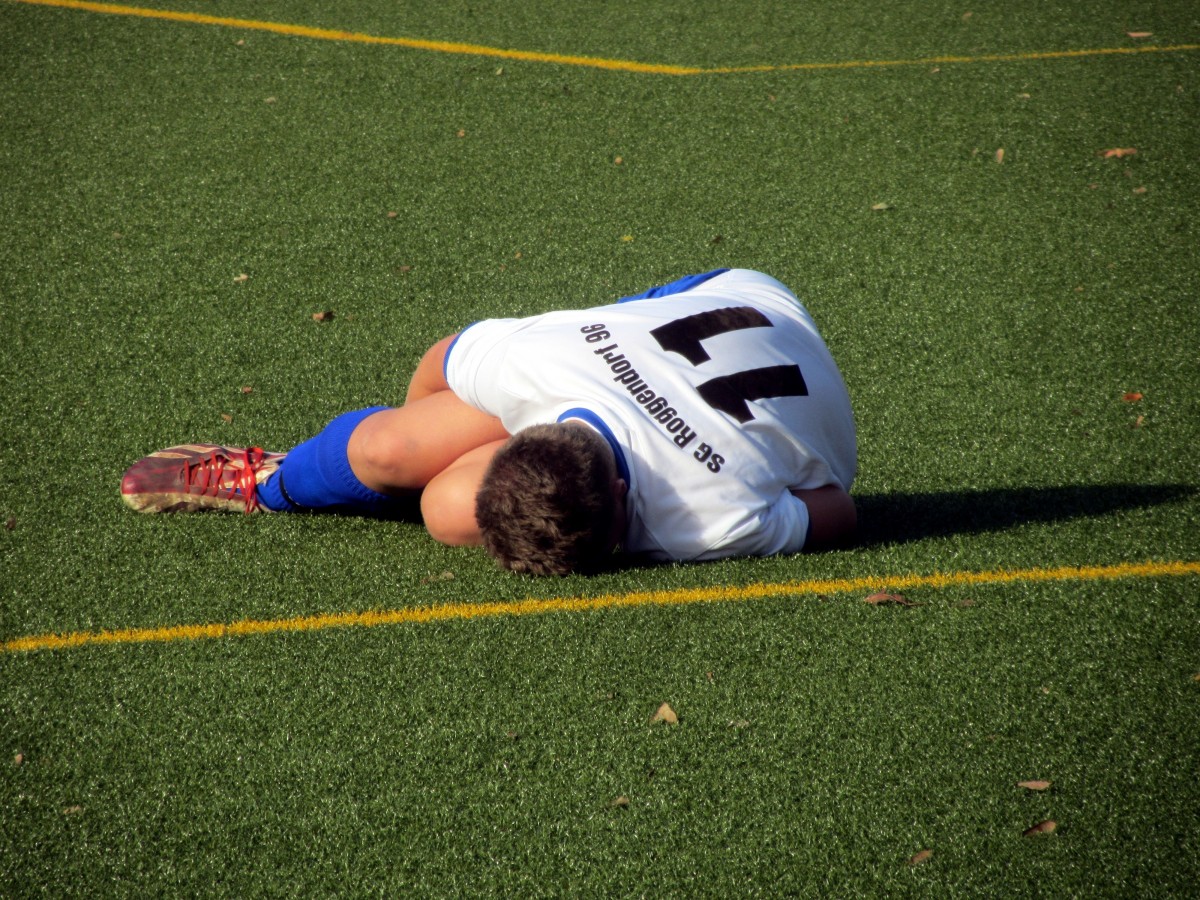Nov 30, 2017Tools for Prevention
With so many athletes specializing at a young age and competing on multiple teams year round, overuse injuries have become all too common. As a coach, there are a number of ways you can reduce overuse and help reverse this unfortunate trend. From educating parents to changing up your training routines, here are some tips on how to keep athletes healthy and performing their best.
Sam Snow, Coaching Director of US Youth Soccer, discusses the causes of overuse injuries in Part I and Part II of an article on USYouthSoccer.org. He cites a study written by Dr. Joel Brenner, titled Overuse Injuries, Overtraining and Burnout in Child and Adolescent Athletes, in which Brenner describes overuse and athlete burnout and how these things can be prevented. Below are some suggestions for how coaches can address these issues and keep athletes competing.

1. Make Workouts Interesting
Practice is a time to work on specific skills, but it’s also important that coaches make things fun. Instead of doing the same drills over and over again, use different games and competitions during training to mix things up and make the experience more enjoyable. This will help keep athletes from becoming both physically and mentally burnt out.
2. Rest and Recover
Many athletes are participating on multiple teams simultaneously and throughout the year. This is very problematic if they aren’t taking enough time to let their bodies and minds recover. Talk to athletes and their parents about the importance of rest and recovery and encourage them to take time off from organized or structured sports participation one to two days per week.
3. Take Time Off
Along with taking weekly breaks from organized activity, athletes should also take an extended break from their sport every two to three months. This time can be used for participation in other sports or for strength and conditioning training, which will help prevent injuries in the future. A small amount of training can help them continue their skill development, but it’s important that they take time off from organized competition in that sport.
4. Encourage Wellness
Develop an open line of communication with your players and encourage them to tell you when they’re experiencing any physical pain or psychological burnout. This will help you assess if your training schedule needs to be adjusted, or if certain players are experiencing symptoms of overuse. Certain signs to look for include decreased performance, fatigue, personality changes, lack of enthusiasm about practice or competition, or difficulty with successfully completing usual routines.
5. Encourage Education
Try to provide parents and athletes with as much educational material as possible. Inform them about appropriate nutrition, adequate hydration, sport safety, avoiding overtraining, and developing good habits. Many young athletes and their parents will not be very educated in these areas of sports performance, and as a coach you can provide a lot of this valuable information.
6. Emphasize Other Skills
Athletics provide an opportunity to teach young people about the importance of teamwork, sportsmanship, and overcoming adversity. Beyond the typical sports-specific training, these skills are essential for athletic performance and life away from sports. By making these a focus, athletes are less likely to be over trained or psychologically drained.
Top Ad ZoneID:
49890



